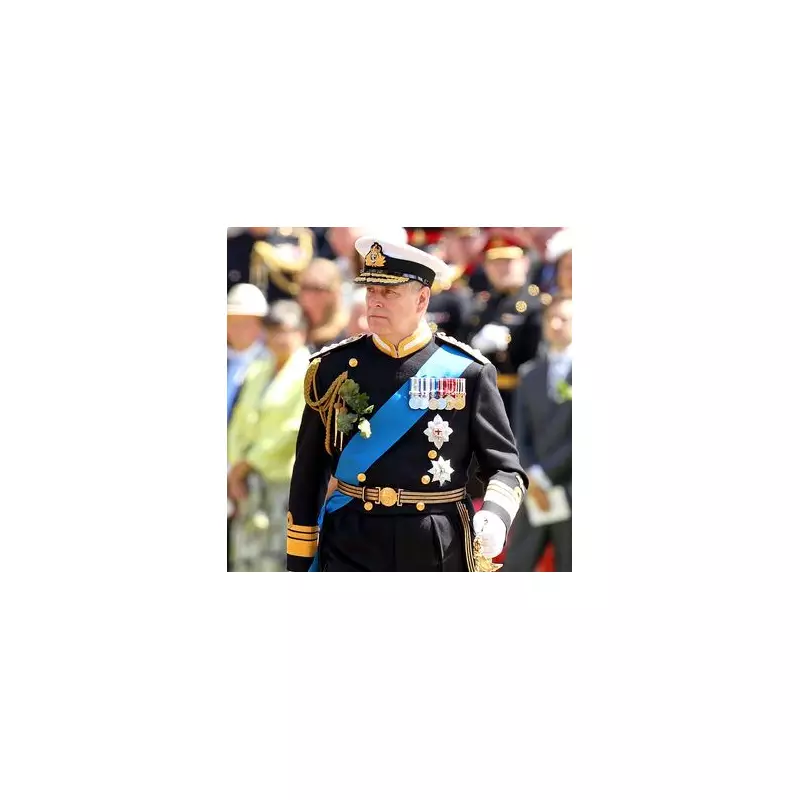
In a decision that's raising eyebrows across the nation, King Charles has permitted his embattled brother Prince Andrew to continue residing in his opulent 30-room Windsor home, despite the Duke of York's fall from royal grace.
A Royal Compromise at Royal Lodge
The Duke will maintain occupancy of Royal Lodge, the magnificent Windsor estate he shares with his ex-wife Sarah Ferguson, following intensive negotiations between the monarch and his younger brother. This arrangement comes despite Andrew's removal from official royal duties following his association with convicted sex offender Jeffrey Epstein.
The sprawling property, which boasts an impressive thirty rooms and extensive grounds, has been Andrew's primary residence since 2004. The Duke invested substantial personal funds into renovating the historic property, a factor that likely influenced the King's decision.
Security Concerns and Financial Realities
Security considerations played a significant role in the arrangement. Maintaining the Duke at a secure royal property rather than forcing him into private accommodation was deemed safer and more practical by royal protection officers.
Financial aspects also factored heavily into the decision. The King has made it clear that Andrew must cover all maintenance and staffing costs himself, reflecting the monarch's efforts to streamline royal finances and reduce public expenditure on non-working royals.
Public Perception and Royal Accountability
The decision has sparked mixed reactions, with critics questioning the message it sends about accountability within the monarchy. However, palace insiders suggest the compromise represents a practical solution to a delicate family and constitutional matter.
This arrangement allows the King to maintain family harmony while continuing to distance the institution from his brother's controversies. The Duke remains stripped of his military affiliations and royal patronages, and will not undertake any official duties on behalf of the Crown.





